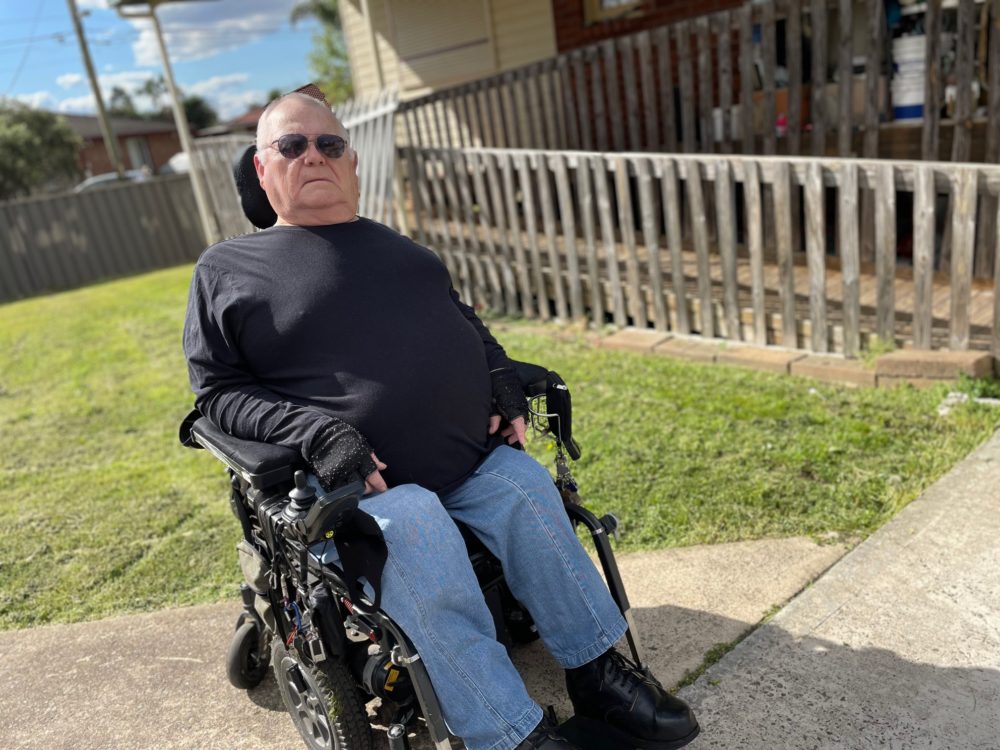By Neena Bhandari
Sydney, 16.02.2023 (The Medical Republic): While Australia was declared polio-free in 2000, there is a major need to invest in medical care of many of the tens of thousands of people, who contracted poliomyelitis (polio) during the 20th century polio epidemics and are now experiencing what is known as the “late effects of polio” (LEoP) and its subset, the post-polio syndrome (PPS).
“Late effects of polio” is an umbrella term which includes the onset or worsening of residual muscle weakness, joint and muscle pain, severe fatigue, intolerance to cold temperatures and a range of biomechanical symptoms, such as osteoporosis and scoliosis, that occur usually 15 to 40 years after a person contracted the disease. Its subset, the post-polio syndrome, is a diagnosable neurological condition. Its symptoms cross over with late effects of polio and may also include loss of function and difficulties with sleeping, breathing and swallowing.
Most survivors of paralytic polio, and many of those who had non-paralytic polio and people who were never diagnosed with polio, are at risk of experiencing the late effects of polio or post-polio syndrome. Continue reading

